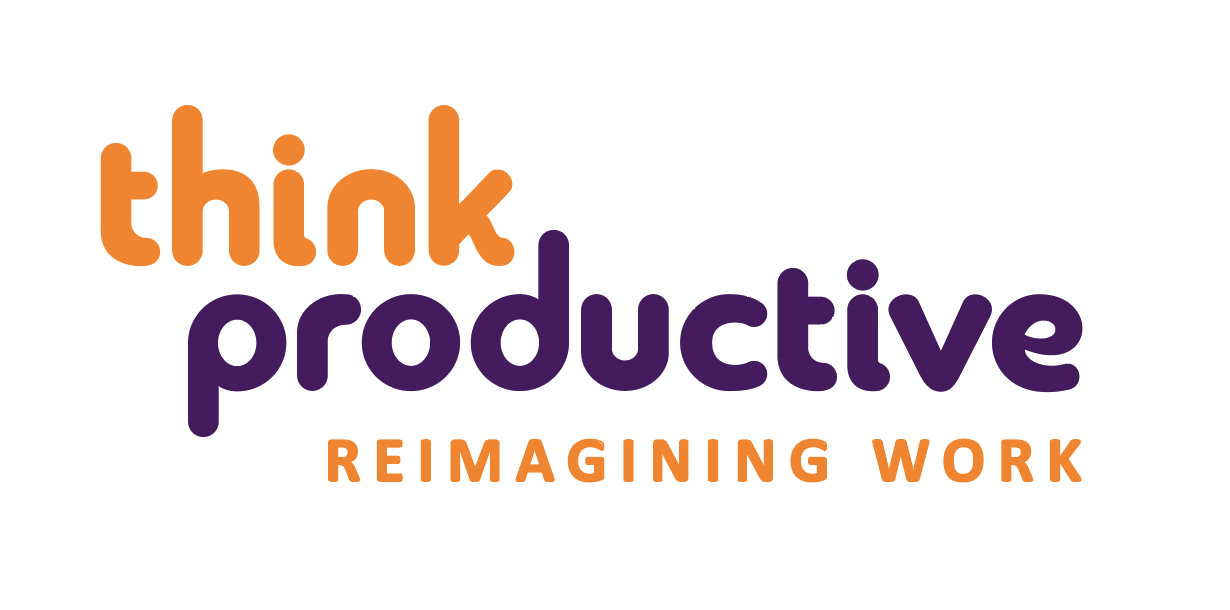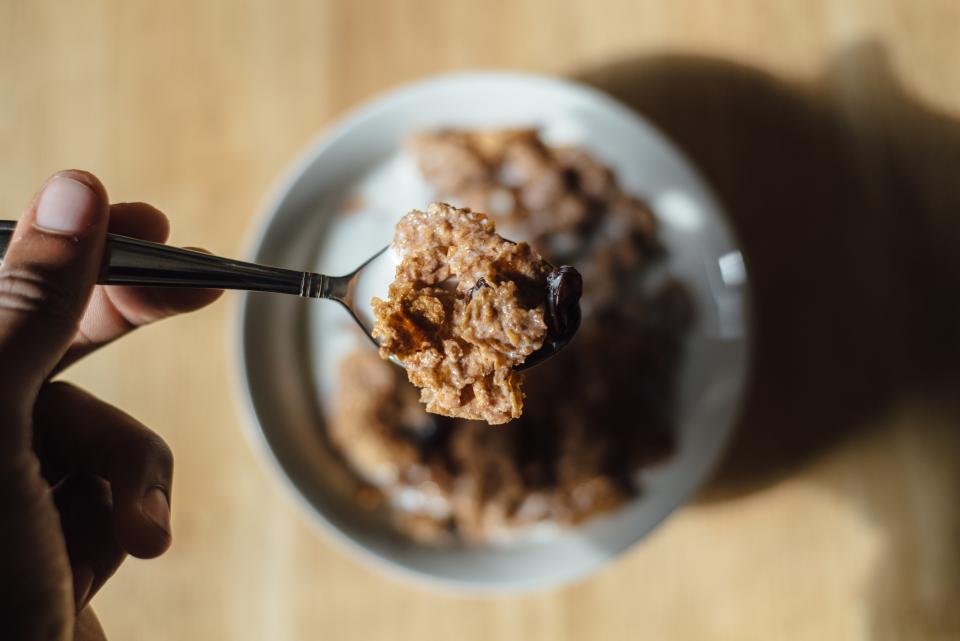The eighth character of the Productivity Ninja: preparedness. Being prepared doesn’t necessarily mean reading over your notes for the millionth time before that important meeting, or packing your bag for the next day before you go to bed. Preparedness involves ensuring that your body and mind are in the best possible shape they can be, ready to tackle the challenges of day-to-day life.
Your food is fuel, providing you with the nutrients that your body and brain need to function throughout the day. The connections between food and productivity are made time and time again, and it’s for the same reason that you’re told as a child to not skip breakfast (the famously ‘most important meal of the day’) before school. What you eat affects what you do. It’s as simple as that.
Look for slow-release foods
One of the best ways to ensure that your diet is enabling you to be as productive as possible, is to try and fill it with foods that are slow-release sources of energy. The spike of energy that a chocolate bar provides might feel great at the time, but quickly crashes as your glucose levels drop, leaving you feeling sluggish and tired. Slow-release carbohydrates fill you up for longer, meaning you’re less likely to get hungry and snack on something sugary in between meals.
A few slow-release foods you could work into your diet include:
- Non-starchy vegetables (e.g. broccoli, cauliflower, spinach, tomatoes)
- Whole grains (e.g. oats, brown rice, quinoa)
- Fresh fruits
Protein power
Protein isn’t all about building muscle mass. If you aren’t getting enough protein into your diet, it’s common to experience fatigue, and to have difficulty with concentration. Not to mention that protein is a macronutrient, needed for your bones, skin, muscles, blood – and just about every other part of your body.
Opt for lean meat where possible, such as chicken or turkey without the skin, and consume red meat in moderation. Oily fish is a well-documented brain food, rich in omega-3 fatty acids and Vitamin D. If you prefer not to eat meat and fish, there are plenty of options for meeting your daily protein requirements, including:
- Eggs (there are approximately six grams of protein in a large egg)
- Seeds (especially pumpkin and chia seeds)
- Beans (soybeans, black beans, pinto beans, etc.)
- Lentils
- Tofu
Come prepared
If you’re concerned about the options offered by your work cafeteria, or you tend to just pick up a mayo-heavy sandwich from the nearest supermarket to your office, you might consider taking Ninja Preparedness that little step further. You know what I’m getting at. We have a whole board over on our Pinterest account dedicated to work-friendly lunch recipes. There are lots of things that you can make in large batches, to be divided into lunch-sized portions, and thrown in the freezer for when you don’t have the time to make something fresh. And there you go: home-made, healthy microwave meals.
Also read: 10 Ways to Eat Yourself Productive
By Steph Rathbone




A friend once told me, “get addicted to things that are good for you”. A fruit snack such as banana is just as easy to eat as chocolate and will take the edge off the hunger as well as satisfy the comfort cravings more cheaply.